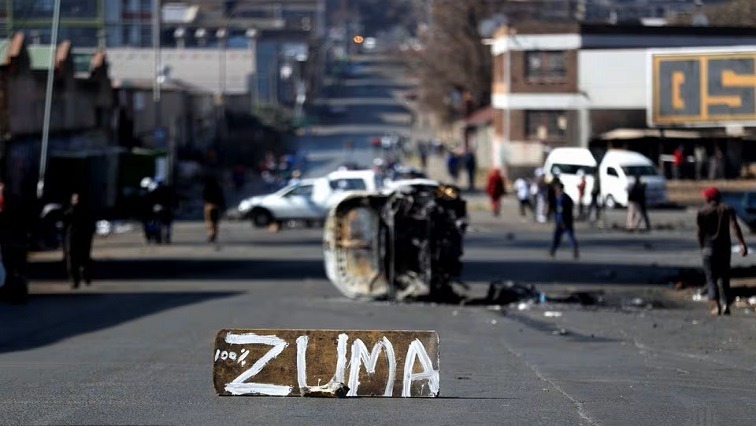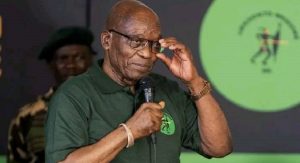Business Unity SA (BUSA) says that government needs to take the country into its confidence regarding strides made in plugging intelligence gaps in the police service.
This after the South African Human Rights Commission (SAHRC) said in its report on its investigations into the July 2021 unrest that police failed to detect the planning and execution.
The unrest started in KwaZulu-Natal and spread to other provinces including Gauteng.
More than 350 people were killed and the country lost an estimated R50-billion in revenue.
BUSA CEO Cas Coovadia says that there’s some contradiction in the SAHRC findings that the unrest was not directly linked to former President Jacob Zuma’s arrest.
“I find it a bit odd that the commission said that there was no link between the arrest of the former President and this; then at the same time they do say that on the night the President was arrested, people gathered at his home and through social media started instigating this. I find that a bit unusual and contradictory. The important thing now is government needs to tell us and tell the public – and bring the public into its confidence – to indicate what has been done to actually plug the gaps in intelligence and the police force.”
Report findings
In its report, the SAHRC says the 2021 unrest was well orchestrated.
Major highways and critical economic routes were blocked; factories, malls and warehouses looted and set alight.
Commissioner Philile Ntuli says while it coincided with former president Jacob Zuma going to jail, there is no evidence linking the two.
“And it was quite clear that from December 2020 up until the unrest there were various security threats, red alerts as well as orange alerts, on the security of the state, including protests against foreign nationals, including issues on the highways. The blockages of the N3 and the N2 by alleged groups linked to truck drivers.”
“What emerged from both reports is that the unrest was fuelled by the deep inequality in South African society as well as the economic hardships the COVID-19 pandemic brought about”, adds Ntuli.
Full-time Commissioner at the SAHRC, Philile Ntuli, outlines more details of the report:





